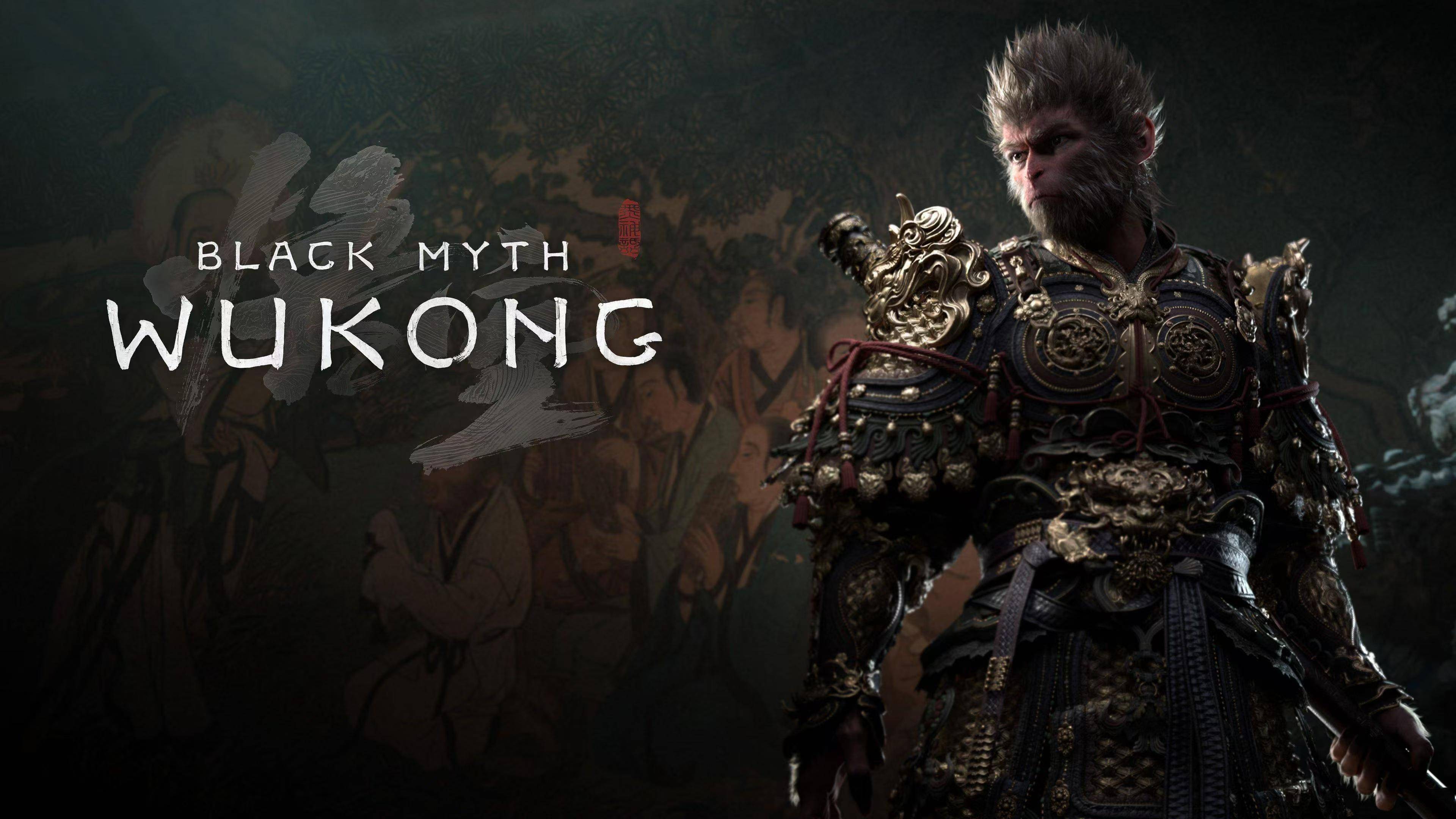Opinion | From 'Black Myth' to 'Ne Zha' : why are med school grads so good at making blockbuster games?
On August 20th, "Black Myth: Wukong" triggered a wave of excitement across the internet. Many players praised this game for its rich "Chinese style". According to sales data, by 8 PM on the 20th, the game had sold over 4.5 million copies, generating over 1.5 billion yuan in revenue.

Curious netizens dug into the background of the company's founder, Feng Ji, and discovered that he graduated in 2004 with a degree in Biomedical Engineering from Huazhong University of Science and Technology. This revelation sparked discussion about how medical students, like Feng Ji and "Ne Zha" director Yang Yu, have been making significant impacts in the cultural and entertainment industries.
Back in May 2004, Feng Ji encountered the open beta of Blizzard's "World of Warcraft ". He spent so much time in internet cafes playing the game that he used up all the money he had saved for his graduate school entrance exam and ultimately gave up on further studies.
In 2014, seeing the explosive growth of the mobile gaming market, Feng Ji decided not to miss out on the opportunity. He left Tencent and founded Game Science 's related company, Shenzhen Youke Interactive Technology Co., Ltd. in Shenzhen. After six years of dedication, he finally brought "Black Myth: Wukong", hailed as China's first AAA game, to life.
But Feng Ji isn't alone—there are many others with medical backgrounds who have boldly ventured into the cultural and entertainment sectors. Take BioWare, for example. Despite its name sounding like a biomedical company, BioWare is a prominent game developer. Its founders, Greg Zeschuk and Ray Muzyka, both have medical backgrounds.
After graduating from medical school in 1995, the two founders used their earnings from the medical field to establish BioWare. Their second game, "Baldur's Gate ", catapulted BioWare to global fame, making it one of the top game developers in the world.
China also has its share of medical students who have successfully leveraged traditional cultural IP to create high-quality products and succeeded in the market.
In 2019, the Chinese animated film "Ne Zha" was released, achieving the highest ratings for an animated film in nearly a decade. The mastermind behind this success, Yang Yu (also known as Jiaozi), studied at the West China Center of Medical Sciences of Sichuan University.
Yang was originally destined for a medical career, following in his parents' footsteps, but his true passion was reignited when some of his classmates switched to software development. In 2019, his directorial debut "Ne Zha" became a massive hit, grossing 5 billion yuan and breaking into mainstream success.
From "Black Myth: Wukong" to "Ne Zha", the emergence of these phenomenal products certainly brings attention to the fact that their creators come from medical backgrounds. However, the more significant takeaway is how the fusion of traditional cultural IP with contemporary spirit not only drives these cultural products to achieve remarkable market success but also continuously surprises and delights audiences.
Source :Yangcheng Evening News
观点|从《黑神话》到《哪吒之魔童降世》,学医的都这么会搞爆款游戏?
8月20日,《黑神话:悟空》引发了全网“海啸”。不少玩家对这款充满“中国风”的游戏连连点赞。根据国游畅销榜统计,截至20日晚间八点游戏总销量超过450万份,总销售额超过15亿元。
网友深扒这款游戏背后的公司创始人冯骥背景发现,冯骥2004年毕业于华中科技大学生物医学工程专业。从《哪吒之魔童降世》的导演杨宇,到冯骥,医学生转向文化娱乐行业有多猛?
2004年5月,冯骥遇到了暴雪游戏旗下的《魔兽世界》公测,因玩游戏长期泡在网吧里,甚至将用于考研复习的钱全部花光,放弃考研。
2014年,冯骥看到手游市场爆发,认为这是一个不该错过的机会,于是他从腾讯离职,在深圳创办了游戏科学的关联公司“深圳市游科互动科技有限公司”。2018年下定决心要做这款被称为“首款国产3A大作”的《黑神话:悟空》后,耗时6年终于打造成功。
事实上,不仅是冯骥,医学专业出身却勇闯文化娱乐圈的大有人在。位于加拿大的BioWare,名字听起来像是一家生物医药公司,但是一家实打实的游戏公司。其创始人Greg Zeschuk和Ray Muzyka就是医学出身。
1995年,两位创始人从医学院毕业后,利用在医学领域赚取的资金共同创立了BioWare。随后,第二款游戏《博德之门》就将BioWare推向了世界,一举成为世界最顶尖的游戏制作公司之一。
中国也有医学生利用优秀传统文化IP打造高质量产品,并成功“拿下”市场的案例。
2019年,国产动画电影《哪吒之魔童降世》上映,取得了近十年以来动画电影的最好评分。其背后的男人杨宇(饺子),就来自华西医科大学(现为:四川大学华西医学中心)药学院。
因为父母都是医生、而自然而然选择读医的杨宇,本该按照既定的安排走上从医道路。但在同学院的同学转行去做软件开发后,他心中的爱好也被激活了。2019年,杨宇执导的《哪吒之魔童降世》上映,一举斩获50亿元票房,成功破圈。
事实上,从《黑神话:悟空》到《哪吒之魔童降世》的现象级产品出现,背后创始人都是医学背景出身固然有话题可循,但更多反映出的,是优秀传统文化IP与时代精神相结合,不仅能够助力文化产品在市场上取得优异成绩,更能为观众带来一次又一次的惊喜。
文丨记者 杭莹
译丨赵凡
英文审校丨王枥焓
